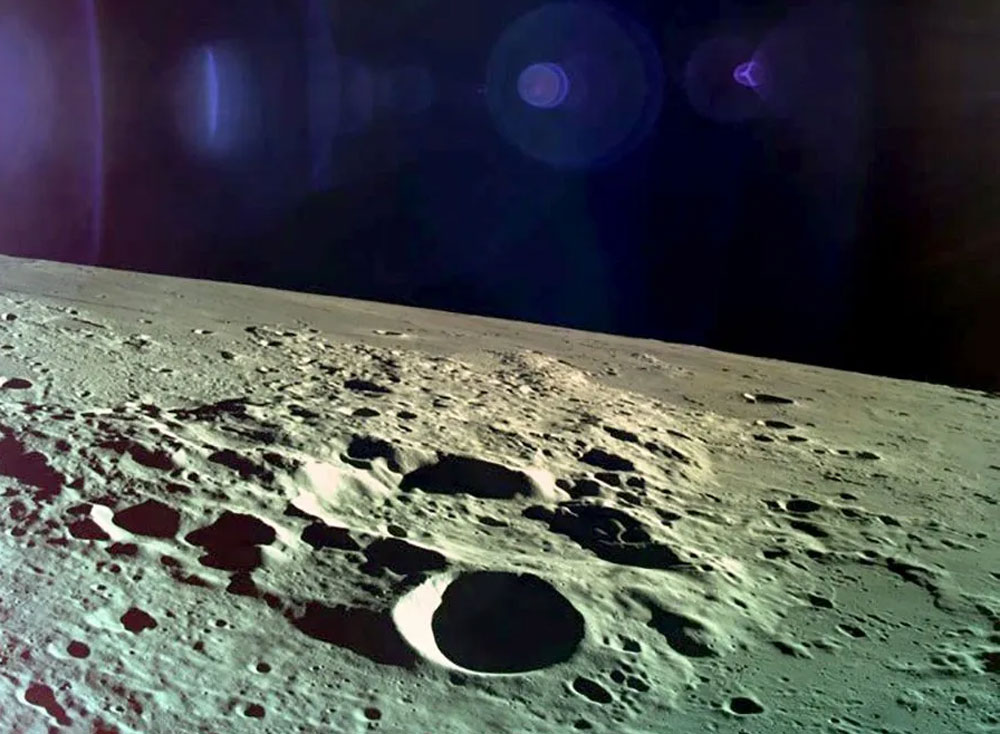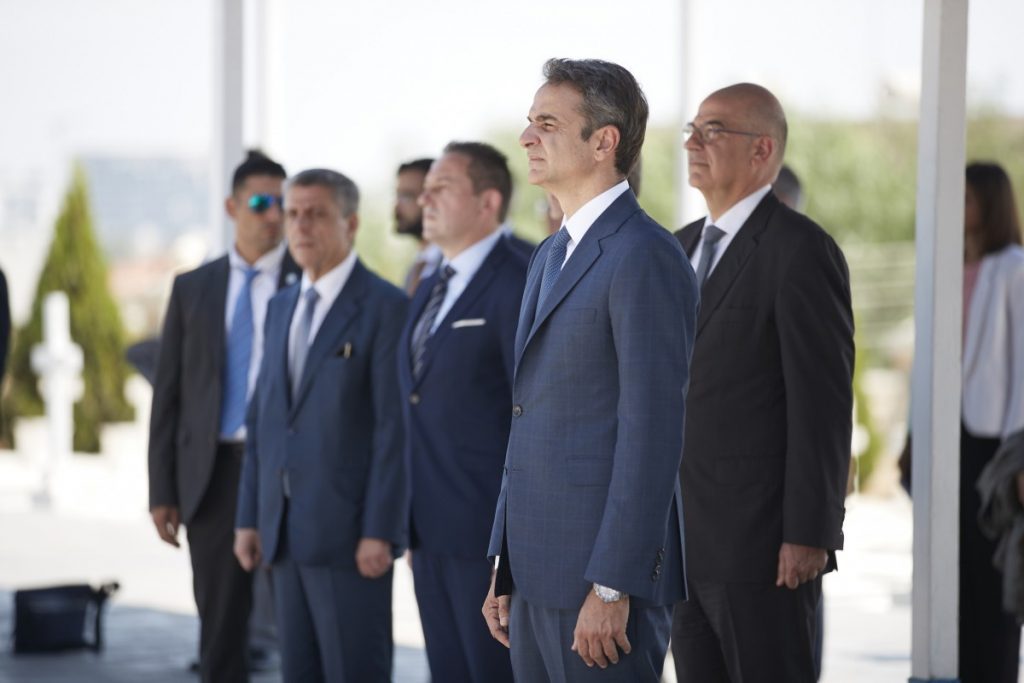
#Tags:
peacespaceSpace exploration is an important contributor to world peace, says professor Vassilis Zervos
“The contribution of space is extremely important,” Vassilis Zervos, Professor of Economics and Space Policy at the International Space University in Strasbourg, said in an interview with the Athens-Macedonian News Agency (ANA). The interview was given on the anniversary of two significant international treaties on space exploration and use that led to major technological breakthroughs serving humanity.
Zervos said that two treaties were signed on October 10, 1963 and October 10, 1967 made space exploration a way to improve conditions in all countries.
“Countries [were] now responsible for activities in space that prohibit the deployment of weapons of mass destruction in space. So space leads the efforts for a just and peaceful coexistence of states and cultures. More than 50 years later, the focus of global interest with the growing trend of exploration and use of space is the creation of infrastructure on the Moon and Mars, ‘landings’ on asteroids and even future colonisation,” he said.
Asked what the impact will be on the earth’s political and economic reality if the plans for space development are realised, he said: “Given the economic, legal and political aspects, perhaps we should consider that, as on 10 October 1963/67, we are now at a crucial crossroads for the future of mankind.”
Regarding Greece’s position in these developments, Zervos pointed out that the international astronautical conference held annually since the 1950s was hosted in Athens in October 1965.
“Despite the efforts made, we have lagged behind the rest of the world in comparison with our position at that time. Perhaps this may be the case generally with the industrial and technological production and the economic priorities reflected in the economic growth model that we have adopted or accepted as a society,” he said and added: “Greece is actively involved in cooperative initiatives in a number of organisations and programmes, so there is optimism, but the vision, coordination and strategy for further integration into international production processes is always a challenge, but also a field of successes that we own to the next generations.”
Source: AMNA

